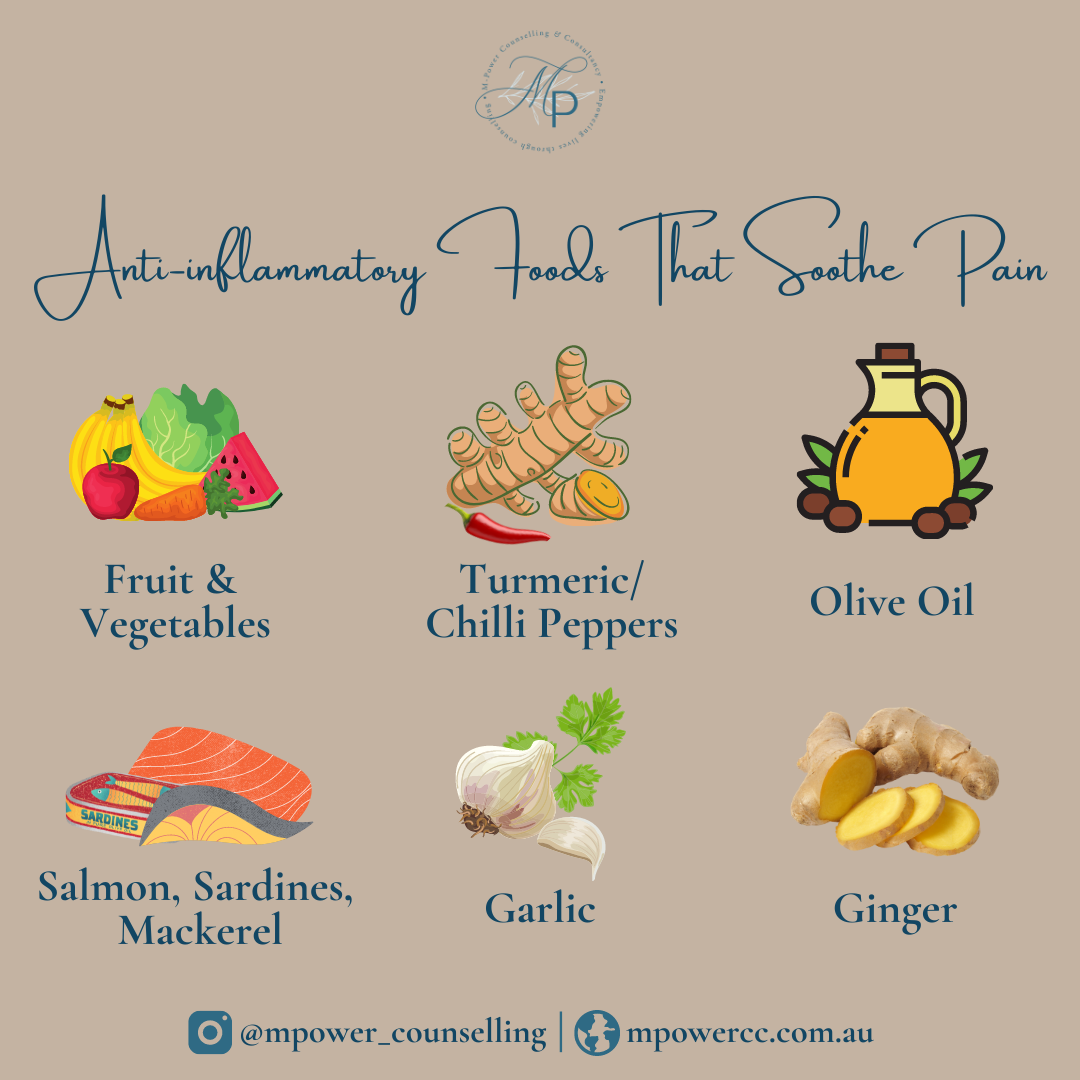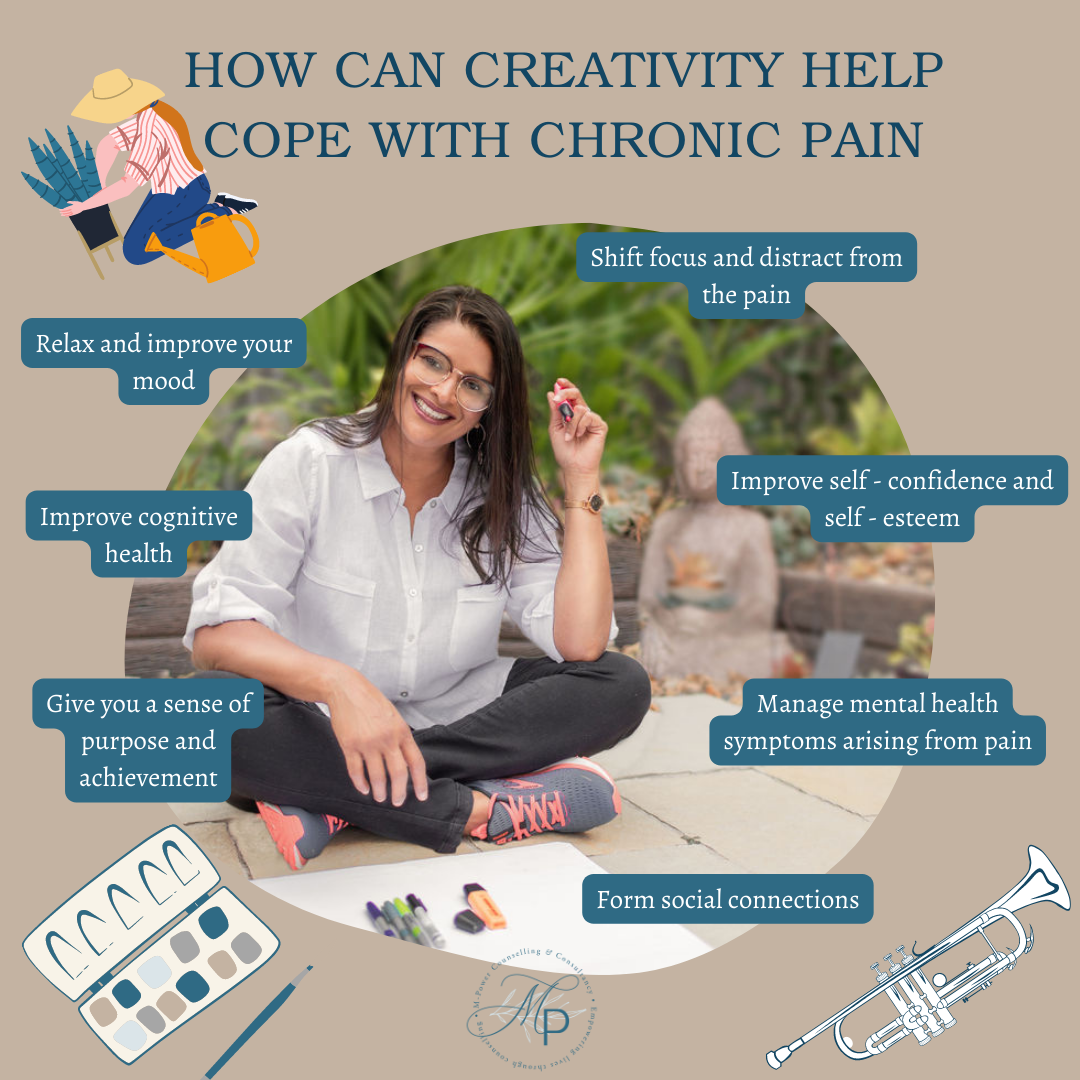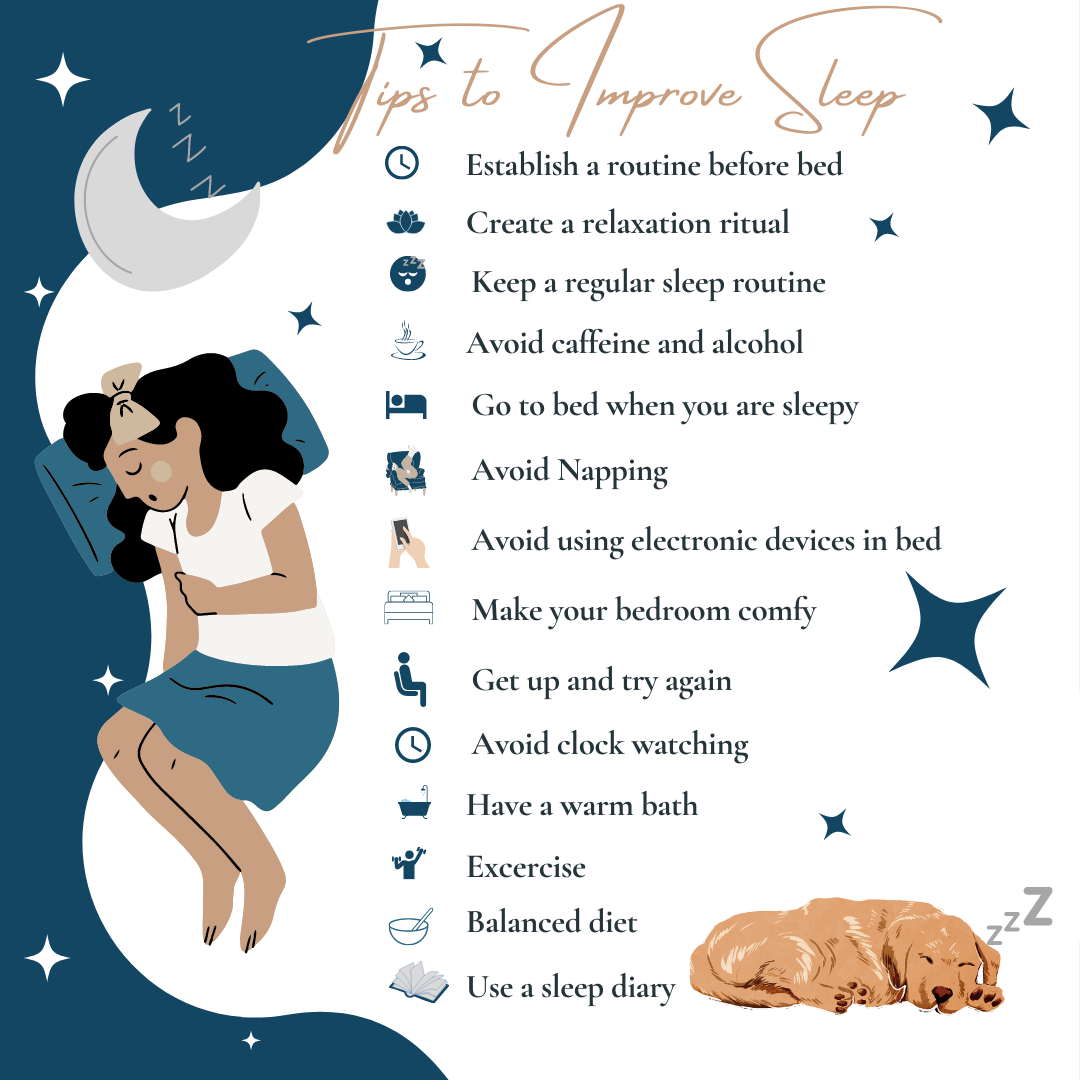There is overwhelming evidence to suggest that good nutrition incorporating anti-inflammatory foods and maintaining a healthy weight can have a profound impact on reducing chronic pain and improving psychological wellbeing.
The following are some of my favourite soothing foods that may help reduce inflammation and chronic pain:
- Fruit & Vegetables: Fruits and vegetables contain polyphenols a compound that has antioxidant and anti-inflammatory properties. Some fruits and vegetables rich in antioxidants are – cherries, berries, pomegranates, capsicum, tomatoes, green leafy vegetables, purple and green cabbage, broccoli, brussels sprouts, cauliflower, radishes, cucumbers, and green beans.
- Turmeric: Turmeric contains a powerful anti – inflammatory compound called curcumin.
- Chilli Peppers: Chilli peppers contain vitamin c, antioxidants, sinapic acid, capsaicin, and ferulic acid which may help reduce inflammation.
- Extra Olive Oil: Extra virgin olive oil is rich in monosaturated fats and provides powerful anti – inflammatory benefits.
- Salmon / Sardines / Mackerel: Fatty fish such as salmon, herring, anchovies, sardines, and mackerel are a good source of protein and omega – 3 fatty acids.
- Garlic: Contains diallyl disulphide, an anti-inflammatory compound.
- Ginger: Ginger contains paradols, gingerols and shogaol anti-inflammatory compounds that fight inflammation.
Food is important and there is no single food that will reduce inflammation. Good nutrition with a diet rich in anti – inflammatory foods, a healthy weight and exercise is the key to chronic pain management.
A good dietitian can provide you with guidance on how to manage your diet and nutrition to improve your chronic pain. In Australia you may be able to obtain a Medicare rebate is available for a maximum of five services per patient each calendar year if you are referred to a dietician by your General Practitioner under the Enhanced Primary Care Plan (EPC).
Please refer to the Australian Guide to Healthy Eating for more information: https://www.eatforhealth.gov.au/
The information contained in this article should never be used as a substitute for medical advice from your general / allied health practitioner. Talk to your doctor before making any dietary changes.



